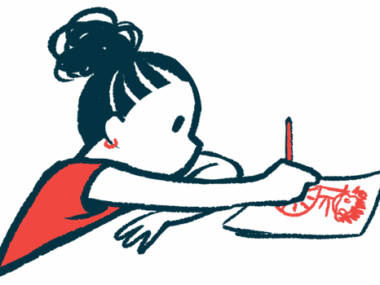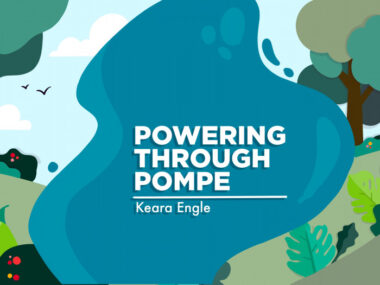Pompe children rate life quality better than parents: Study
Fatigue, physical functioning, self-esteem among measures scored
Written by |

Health-related quality of life for children with Pompe disease in the Netherlands is generally similar to healthy peers when self-reported, but worse when rated by their parents, a study found.
Results also showed that children with classic infantile Pompe had greater fatigue and more limitations than those with non-classic infantile-onset disease.
The study, “Health-related quality of life and fatigue in children with Pompe disease,” was published in The Journal of Pediatrics: Clinical Practice.
“Measuring [health-related quality of life] and fatigue is clinically important as it provides crucial insights into the impact of Pompe disease on the patients overall well-being,” the researchers wrote. “This information may lead to more targeted support, including tailored (psychological) interventions, and optimized patient care.”
Pompe disease is caused by mutations in the GAA gene, resulting in little or no levels of the acid alpha-glucosidase (GAA) enzyme. GAA is required to break down glycogen, a complex sugar molecule, into glucose, a simpler molecule cells use to obtain energy. Symptoms of Pompe include progressive muscle weakness, breathing difficulties, and trouble eating.
Study asked 26 children about aspects of life
Ultimately, physical and cognitive impairments may worsen patients’ quality of life and increase their fatigue. However, “there are no large studies published on [health-related quality of life] and fatigue in children with Pompe disease,” the researchers wrote.
Researchers in the Netherlands studied 26 children with Pompe disease and their parents. Fourteen of the patients had classic infantile-onset Pompe disease, characterized by symptoms showing up in the first few months of life. These patients had a median age of 9.6. Six of them needed walking aids, and two had non-invasive breathing support.
The other 12 had non-classic infantile-onset Pompe, a milder form in which symptoms appear later in childhood. This group had a median age of 11.7, and none of the children needed walking or breathing support.
All patients with the classic form, and nine with non-classic, were treated with enzyme replacement therapy, which provides a functional version of the GAA enzyme.
Health-related quality of life was assessed using both a parent report and child self-report of a generic short form of the child health questionnaire. Scores range from zero to 100; a higher score corresponds to a better quality of life.
Patients’ self-reported data were similar to those of healthy children from the Netherlands in most domains. However, classic infantile patients scored lower that the reference group on physical functioning, self-esteem, and general health perceptions, while those with non-classic-onset Pompe scored lower in self-esteem.
Only physical functioning was scored significantly different by the two groups of patients. Those with classic infantile disease recorded that category as 67, while the other group rated it 100.
Researchers suggest monitoring life quality over time
As for parent-reported health-related quality of life, almost all domains — including physical functioning, mental health, and family activities — were rated lower by classic infantile patients relative to those with non-classic Pompe. The exceptions were bodily pain, behavior, and self-esteem.
“Overall, parents, independent of the disease severity, scored their children’s quality of life substantially lower than the children themselves compared to scores of parents of healthy children,” the researchers wrote.
Fatigue was measured using the validated Multidimensional Fatigue Scale, which had three subscales — general fatigue, sleep/rest fatigue, and cognitive fatigue — and included both children’s and parents’ reports.
Compared with healthy children, those with classic infantile disease reported increased general and cognitive fatigue. Relative to non-classic-onset Pompe, they had more general fatigue.
Again, parents gave worse scores for fatigue than their children did, with classic infantile parents reporting higher general fatigue than those of patients with non-classic-onset disease.
The researchers said the study indicates that health-related quality of life and fatigue “should be monitored over time to facilitate early detection of deteriorating overall wellbeing of both children and their parents.”
As parents reported that their children’s health limits family activities, impacting their emotional well-being and time available for personal needs, clinicians should offer them additional support and resources, the team added.
Though the total number of participants was relatively small, the researchers said, it was actually a large sample in the context of such a rare disease, and almost all children diagnosed with Pompe in the Netherlands were included.




